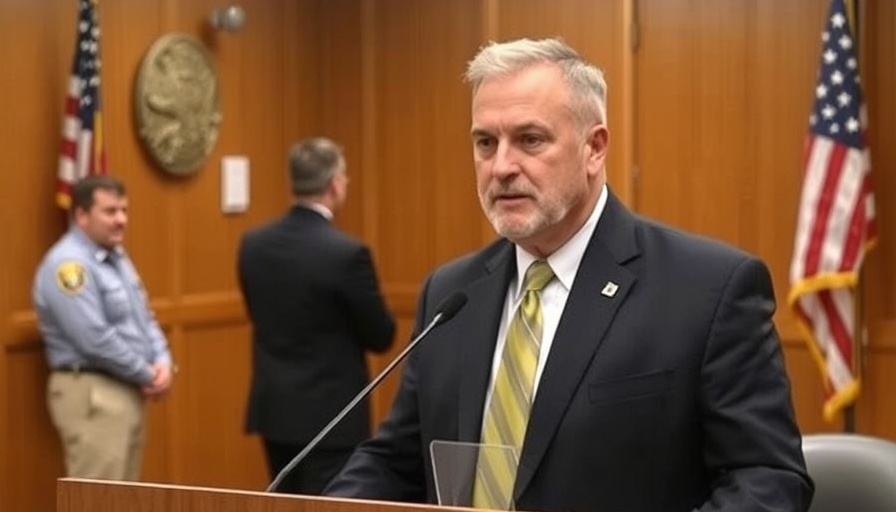
Keller Partners with ICE: A First for Tarrant County
The city of Keller is set to make headlines as the first municipality in Tarrant County to formally partner with Immigration and Customs Enforcement (ICE) within its jail system. Mayor Armin Mizani announced this significant step forward during an online council meeting, highlighting the city's prior unofficial practices as the basis for this partnership.
The 287(g) Program and Its Implications
Under the 287(g) program, local law enforcement agencies are authorized to work with ICE to enforce immigration laws. This partnership is designed to enhance public safety in Keller and the surrounding areas. Mayor Mizani was quoted saying, "It just enhances public safety, not just for the community of Keller, but also for those in surrounding communities served by our jail." This partnership reportedly formalizes what Keller has been doing over the past years — performing background checks on inmates to determine their immigration status.
Concerns from Immigrant Rights Advocates
While the initiative is positioned as a public safety measure, it has sparked concern among immigrant rights advocates. Community organizer Rogelio Meixueiro, associated with the Sunrise Movement Tarrant County, expressed that shifting immigration enforcement responsibilities to local law enforcement could pose risks to immigrant communities. He stated, "We believe that it is the federal government’s job to do immigration; it is not the local government." His comments reflect widespread fears that such partnerships can foster distrust between immigrant communities and law enforcement.
The Broader Context of Local Immigration Policies
Keller’s alignment with ICE mirrors a broader trend within Texas and across the United States where local governments are increasingly cooperating with federal immigration authorities. This trend raises questions about community relations and the role of local governance in federal issues. For many communities, the balancing act between public safety and the rights of individuals remains a contentious topic.
What Other Cities Can Learn from Keller's Move
Mayor Mizani expressed optimism that Keller's example might encourage other Texas cities with jails to initiate similar partnerships with ICE. The Keller move could set a precedent in Tarrant County, and, if successful, could see an increase in local jurisdictions opting into the 287(g) program. This potentially strengthens law enforcement capabilities but also raises ethical concerns about civil rights and community trust.
Next Steps For Keller's Partnership with ICE
As the partnership is set to move forward, Keller officials will be tasked with navigating the complexities of implementing this program within the local jail. Training for local officers to check immigration status will be critical, ensuring that the program is executed with a clear understanding of the legal and ethical boundaries involved.
A Look at Community Response and Political Ramifications
The city council's decision will likely be met with mixed reactions from the community. On one hand, advocates for the partnership may argue that it is a necessary step for enhancing local public safety. Conversely, those against it will likely voice strong opposition, stressing the potential for discrimination and heightened fear among local immigrant populations.
As upcoming elections loom in 2025, how Keller’s local leaders handle this program and its implementation may also become a focal point in the political discourse surrounding immigration, public safety, and civil rights, shaping the future landscape of local governance in Dallas and Tarrant County.
While some see this partnership as a proactive measure against crime, others caution against the potential erosion of community trust in law enforcement that could come from increasing cooperation with ICE. The unfolding debate symbolizes a larger narrative moving through many communities in the U.S., where local and federal policies often intersect in complex and sometimes contentious ways.
 Add Element
Add Element  Add Row
Add Row 



Write A Comment